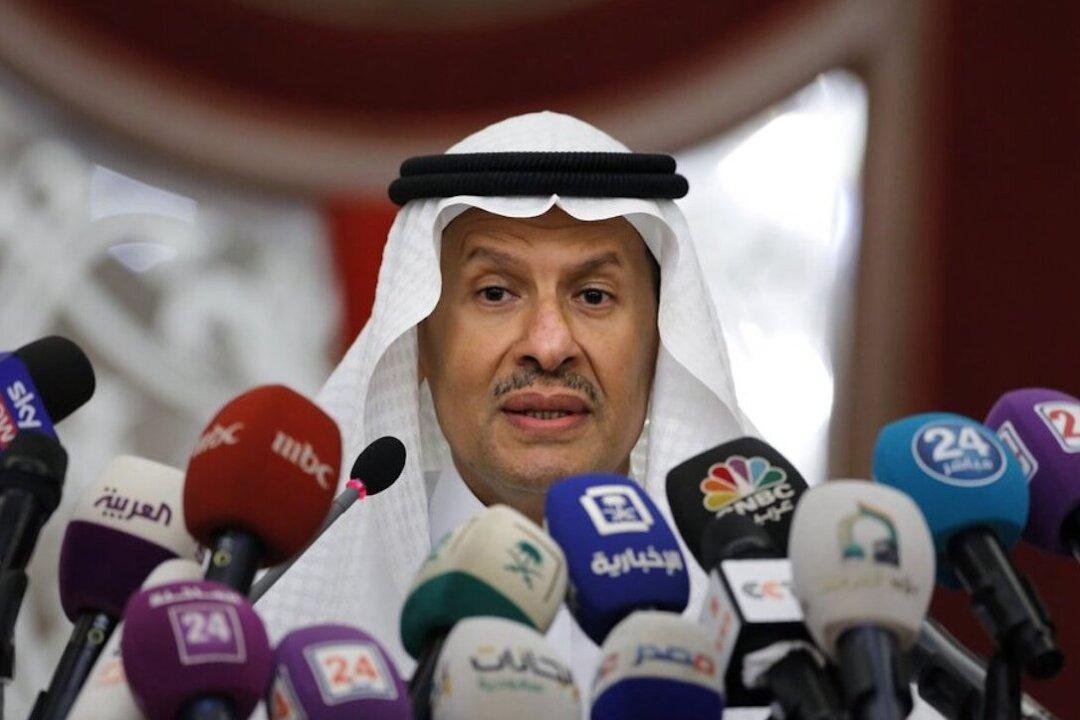Just a day after OPEC+ roiled the White House with its decision to slash oil production by 2 million barrels per day, the cartel’s key decision-maker, Saudi Arabia, decided to hold crude prices steady for Asian markets and lower them for Europe, defying market expectations for increases.
Saudi Arabia’s state-controlled Saudi Aramco left November prices unchanged on its Arab Light grade crude at a $5.85 per barrel premium above the average of the regional Oman/Dubai benchmark.





